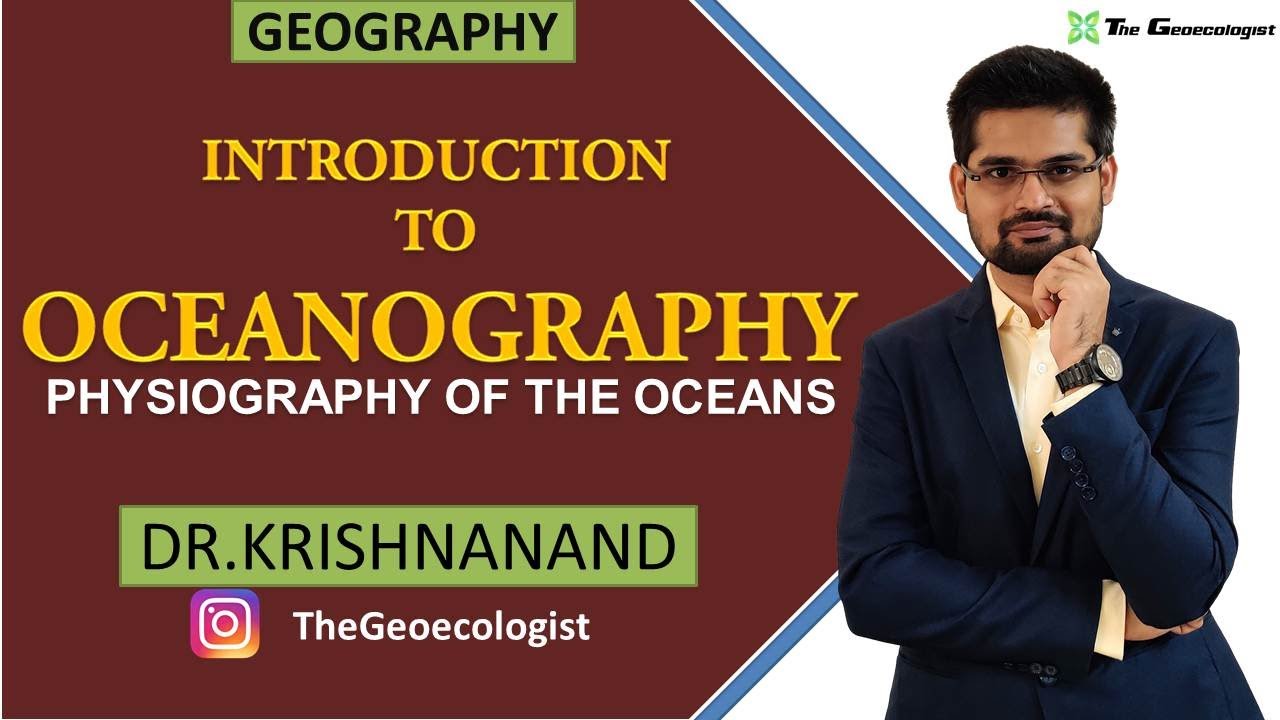SCIENCE: Its Goals and Branches
Summary
TLDRThis video introduces the historical development of science, its goals, and branches. Science is defined as the pursuit of knowledge about the natural world, constantly evolving as new information debunks old theories. The main goals of science are to describe, predict, and explain phenomena. Science is divided into two fields: natural science, which includes biological, physical, and earth sciences, and social science, encompassing psychology, sociology, and political science. The video also outlines the sub-branches of each field, leading to further exploration of knowledge and technology.
Takeaways
- 📚 Science originated from the Latin word 'Scientia,' meaning 'to know,' and it involves understanding the natural world.
- 🌍 Science is a global, ongoing process, continually evolving with new discoveries that can replace old facts and theories.
- 🎯 The three main goals of science are to describe, predict, and explain phenomena in the natural world.
- 🧬 Science is divided into two major branches: natural science and social science, each with various sub-branches.
- 🌱 Biological science, a branch of natural science, studies living organisms, including botany, zoology, and ecology.
- ⚛️ Physical science deals with non-living matter and energy, covering topics like physics and chemistry.
- 🌍 Earth science, another natural science branch, includes geology, meteorology, and astronomy.
- 🧠 Social sciences study human behavior and society, with psychology, sociology, and political science as its core areas.
- 🔬 Physics studies concepts like motion, force, energy, and matter, while chemistry focuses on the properties and composition of matter.
- 👩⚖️ Political science, under social sciences, explores governments and political actions to understand political structures and phenomena.
Q & A
What is the origin of the word 'science'?
-The word 'science' originates from the Latin word 'scientia,' which means 'to know.'
What are the three main goals of science?
-The three main goals of science are to describe, predict, and explain phenomena.
How is science described as a global human endeavor?
-Science is considered a global human endeavor because people all over the world participate in the scientific process.
Why is science considered an ongoing process?
-Science is an ongoing process because new information constantly emerges, debunking old theories and creating shifts in our understanding.
What is the role of observation in achieving the first goal of science?
-To achieve the first goal of science, which is to describe, scientists make careful observations of phenomena and record the data related to these observations.
How does science predict events, and what example illustrates this?
-Science predicts events by identifying relationships between behaviors and applying that knowledge to future situations. An example is Isaac Newton’s statement, 'Anything that goes up must go down,' based on his observations of gravity.
What is the ultimate goal of science, and how is it achieved?
-The ultimate goal of science is to explain phenomena by determining their causes, which scientists achieve through careful observation and theoretical analysis.
What are the two major fields of science, and how are they categorized?
-The two major fields of science are natural science and social science. Natural science studies the universe and the physical world, while social science studies human behavior and societal forces.
What sub-branches fall under natural science?
-The sub-branches under natural science include biological science, physical science, and earth science.
What is the focus of social science, and what are its sub-branches?
-Social science focuses on the scientific study of social, cultural, economic, psychological, and political forces. Its sub-branches include psychology, sociology, and political science.
Outlines

This section is available to paid users only. Please upgrade to access this part.
Upgrade NowMindmap

This section is available to paid users only. Please upgrade to access this part.
Upgrade NowKeywords

This section is available to paid users only. Please upgrade to access this part.
Upgrade NowHighlights

This section is available to paid users only. Please upgrade to access this part.
Upgrade NowTranscripts

This section is available to paid users only. Please upgrade to access this part.
Upgrade NowBrowse More Related Video

Pengantar Farmakologi Dasar - Part 1 I Sejarah dan Konsep Farmakologi I Cabang Ilmu Farmakologi

Introduction to Oceanography | Physiography of Oceans|Dr. Krishnanand

APA ITU SAINS? | Biologi, Kimia dan Fisika | Hakikat Ilmu Sains dan Metode Ilmiah Kurikulum Merdeka

Microbiology || Introduction & History || Scope & its importance || L-1||Unit-1|| B.pharma 3rd sem

POLITICAL SCIENCE : Meaning , Definition , Nature and scope explained in Hindi

Fondasi Linguistik
5.0 / 5 (0 votes)